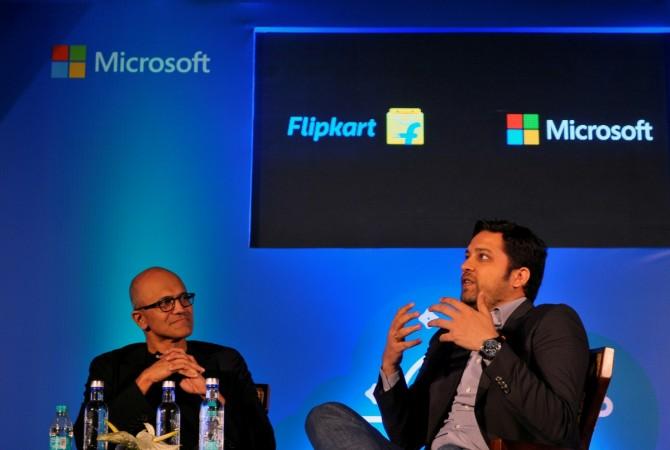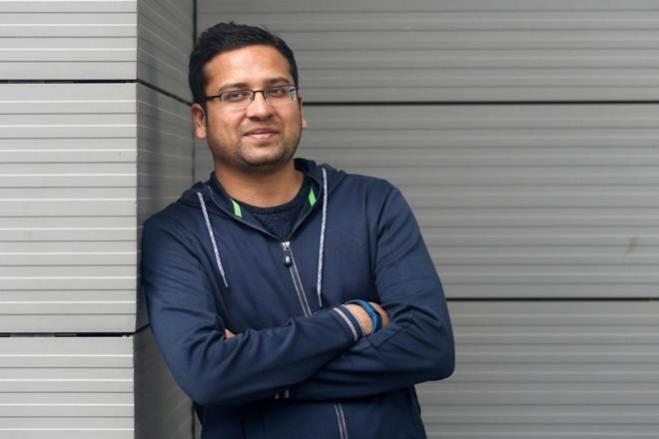
Flipkart co-founder Binny Bansal is shoring up plans to launch a venture capital (VC) fund to provide capital to start-ups who need growth investment. The former Flipkart CEO is expected to start the fund, which is likely to be based in Singapore, towards the end of this year and to target corpus of $300-$400 million.
Binny will run the fund as general partner (GP) and will also be one of the anchor investors, the Times of India reported. Although the fund's primary focus will be India, It will also support entrepreneurs in Southeast Asia.
A source privy to the development said: "Bansal is likely to invest 10-20% of the fund's corpus and will start bringing on board other investors soon." The fund will get also get support from the family office that could join as anchor investors.
Bansal fetched around $200-250 million, selling his stakes in Flipkart, where US retail giant Walmart acquired 77% for $16 billion last year. Notably, his total holding in Flipkart at the time Walmart bought majority stake pegged at around $1 billion. Bansal has already started scouting for a team and has roped in former Flipkart executive Rajneesh Baweja to handle finance and legal functions at the fund.

As this will mark the first time an established tech entrepreneur will be turning into a full-time investor, the move is expected to be significant for Indian entrepreneurs. The norm is generally prevalent in more mature ecosystems like China and Silicon Valley in the US.
Other serial entrepreneurs in India, including Freecharge founder Kunal Shah and Myntra's Mukesh Bansal, have now started their own companies despite being an angel investor. Even Flipkart's other co-founder Sachin Bansal, who secured $1-billion through his sale share in the company, is poised to start financial services company BACQ. Moreover, he has made some personal investments in India's start-up ecosystem, including ride-hailing major Ola.
Bansal's fund will focus on the start-ups which are at a critical growth-stage as most of the other VCs mainly focus on early-stage funding. But as seen in the past, start-ups have struggled to raise mid to late-stage capital of $20-30 million and more, as very limited investors offer to fund at this stage.
It's been now more than five years since Bansal has been making personal investments. Lately, some of his major investments include $25 million in new-age insurance startup Acko and his participation in $140-million round of warehouse robotics startup GreyOrange beside some other investors.

















